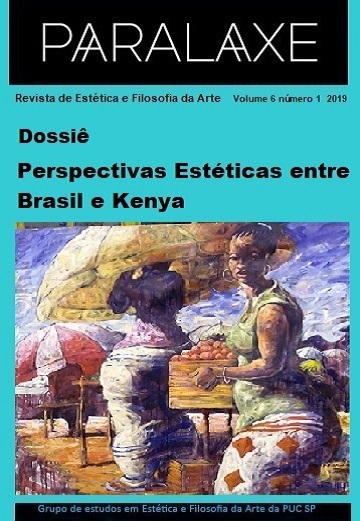Evolution of the ‘Modern’ expression in African Housing: an investigation of the architectural expression in African residential space using case studies from Eastland’s Housing Estates, Nairobi
Palavras-chave:
African Urbanism, Architecture, Modernism, Nairobi, Urban HousingResumo
African colonial urbanism, (in)famous for segregationist spatial practice, was also a laboratory for interrogating African spatiality through housing estates. Although the ensuing spatial qualities remain central to contemporary African urban housing challenges, predominant discourse still dwells on the quantitative deficits disregarding conceptual underpinnings of housing architecture and hence only aggravates the problem. Based on aesthetical qualitative analyses, the paper is anchored empirically in fieldwork of African estates located in Eastlands, Nairobi. The pre-1950s concepts are revisited and though cursorily contrived; they were significant as foundational to novel aesthetic paths for later concepts ensuing in the post-2nd World War-era. The aesthetic expressions traverse an ‘African vernacular’, a ‘European vernacular’, and culminating in ‘modernist’ versions by the Central Housing Board and by a German émigré Architect and CIAM protagonist, Ernst May. These fail because of their modernist reductionist, prescriptive origination that was devoid of a dweller-engaged housing methodology. The inevitability of a bio-political power shift to grassroots’ formations is the envisioned prerequisite for better urban space in African cities. A practical and theoretical application is proposed for gentrification strategies of inner-city estates now under discussion.Downloads
Publicado
2019-12-23
Como Citar
Makachia, P. (2019). Evolution of the ‘Modern’ expression in African Housing: an investigation of the architectural expression in African residential space using case studies from Eastland’s Housing Estates, Nairobi. PARALAXE, 6(1), 70–100. Recuperado de https://revistas.pucsp.br/index.php/paralaxe/article/view/46605
Edição
Seção
Artigos
Licença
Cedo à revista Paralaxe os direitos autorais de publicação de meu artigo e consultarei o editor científico da revista caso queira republicá-lo depois em livro.


